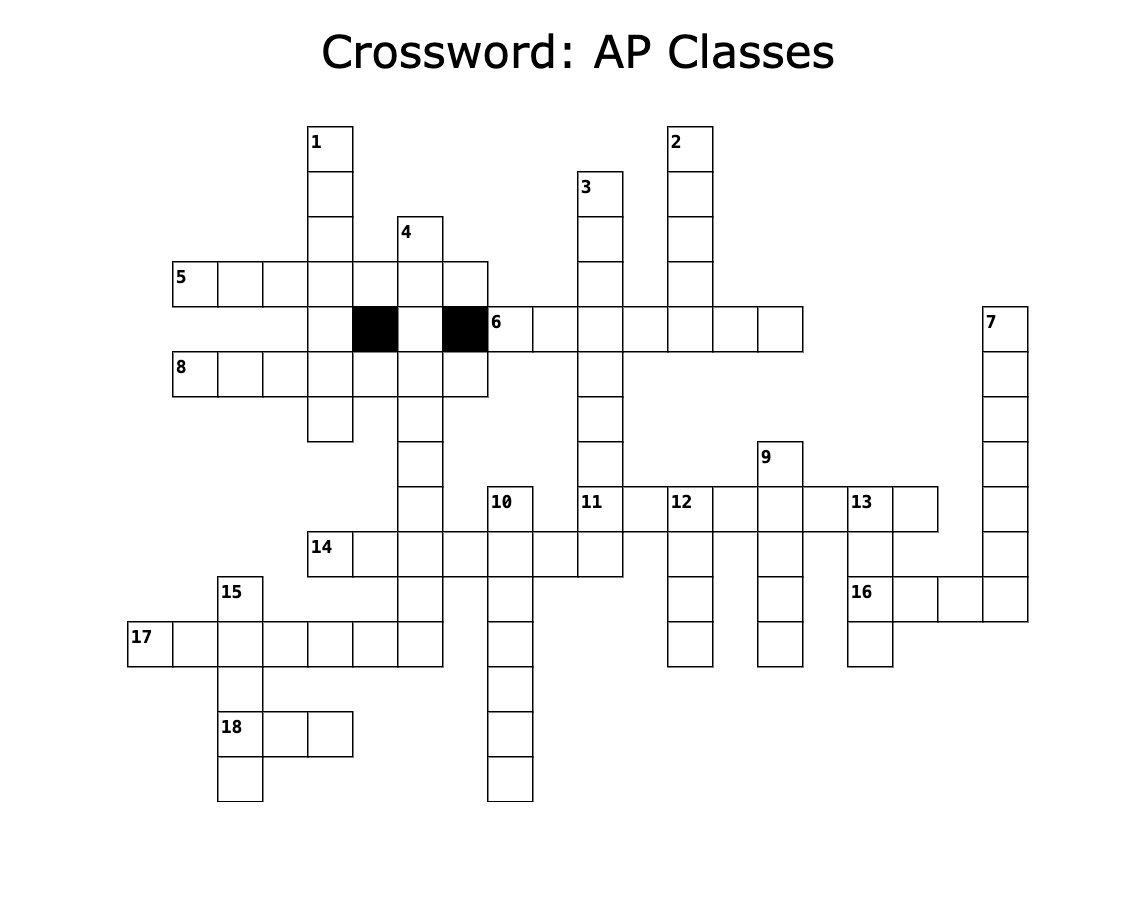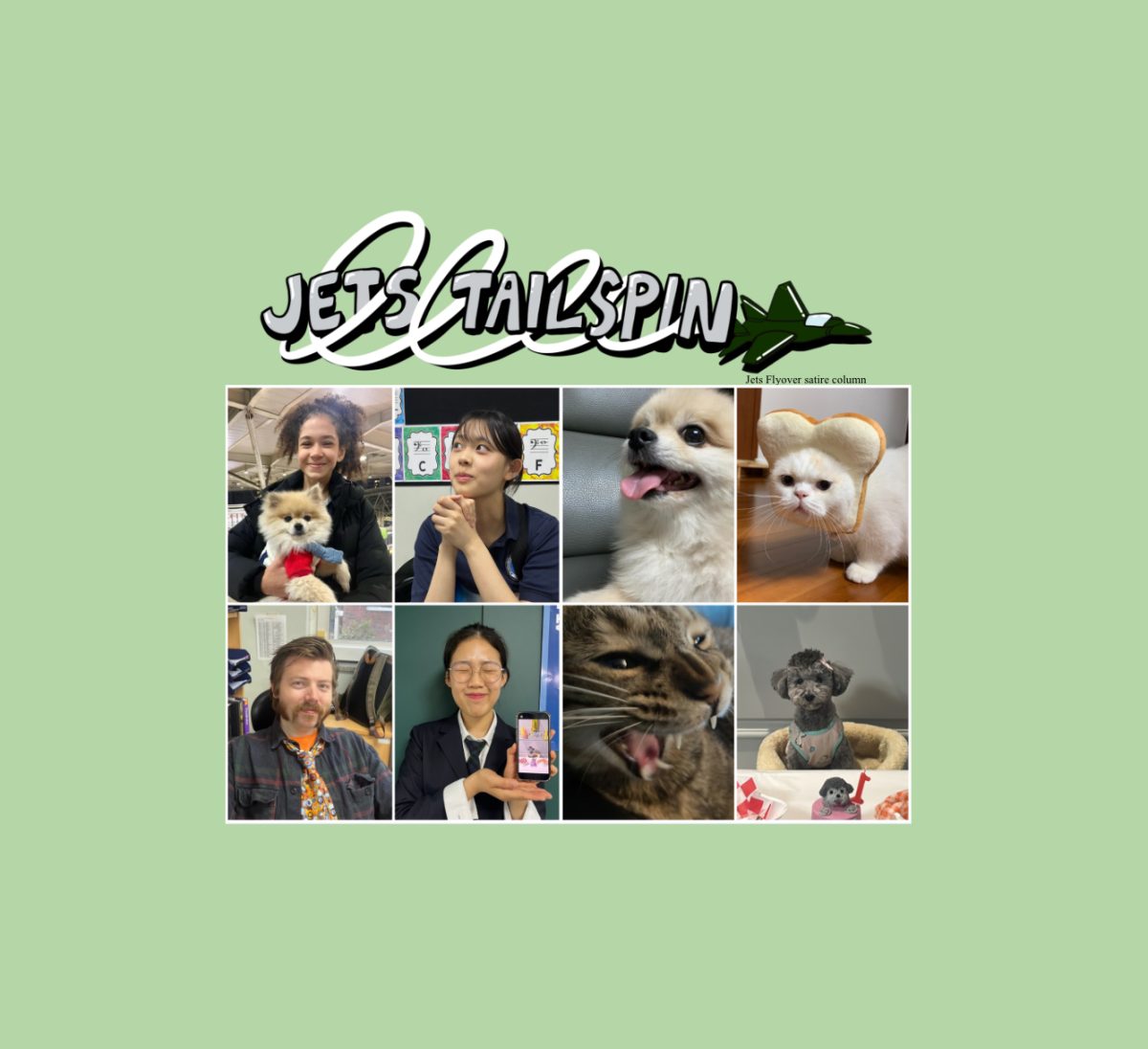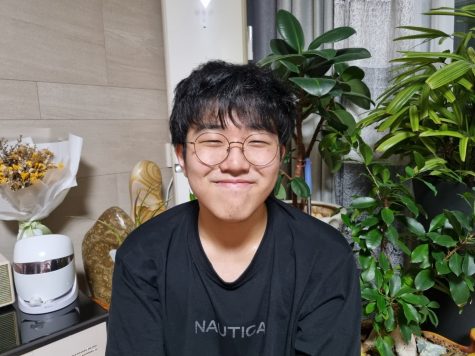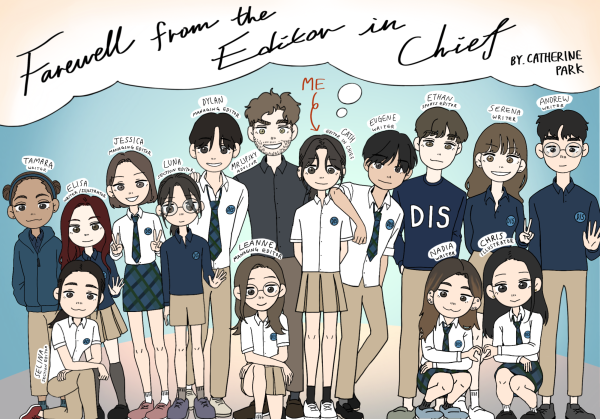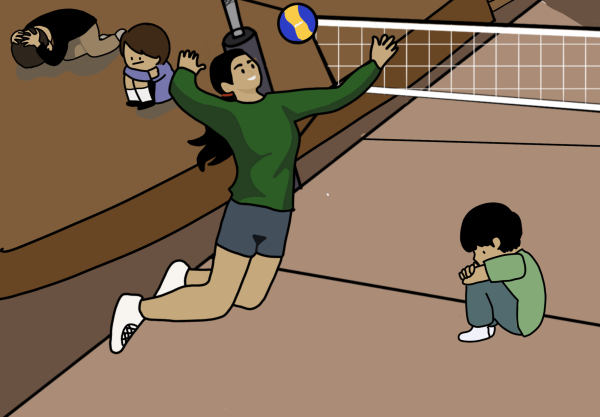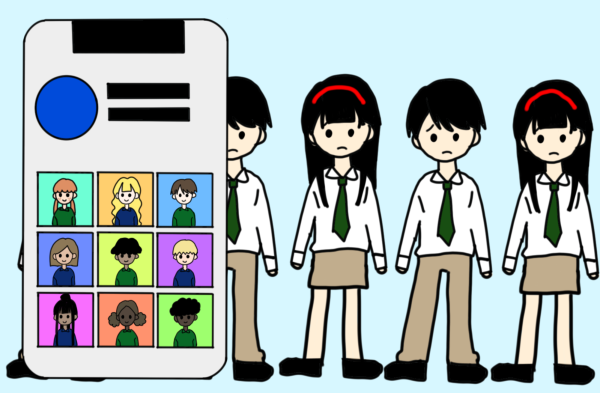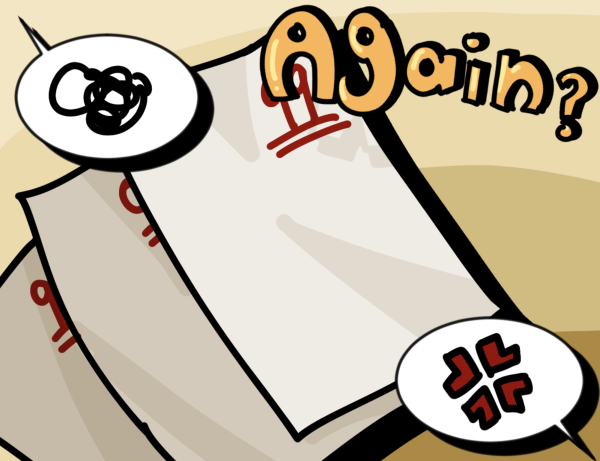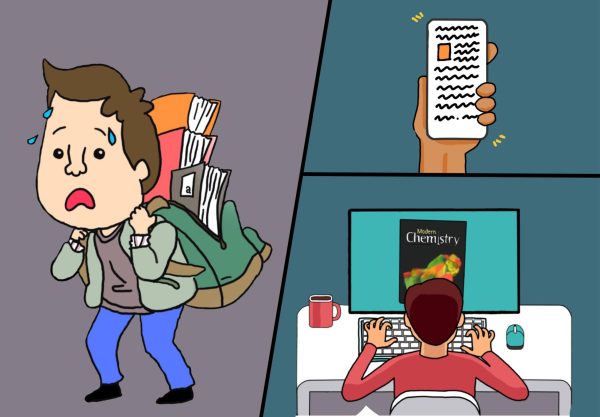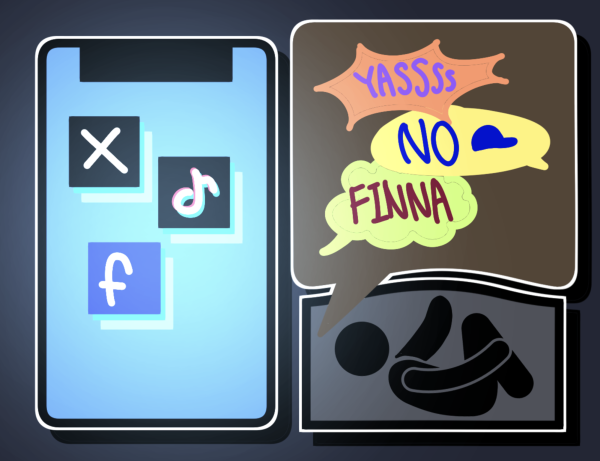The Doomed Lineage of Korean Video Games
Rational Discussion of the Current Korean Game Industry
Korean fans express resentment towards the poor customer service of NCSOFT in front of the Korean National Assembly (Courtesy: DailyCNC). Fans complained that, “while customers pay in cash for the new update, the refund was denied while the update disappeared.” The final message that concludes the customer’s argument states, “What the customers want is a responsible business.”
November 30, 2021
Guardian Tales, a game that I used to play, has blown up – but not in the way you would think. The players got sick of the long-term deprivation of updates and lack of communication from the publishers; they blew up, no longer tolerating the poor state of the video game. Many users quit, and some angry fans even sent a bus covered in banners and slogans to conventions, hoping to get the publishers to listen to them. The means of protest, unfortunately, didn’t do much.
The disintegration of the player base tugged at my heartstrings, but at the same time, the game deserved it. I had already moved on. However, when I was scrolling through the top-ranked apps for something else to play, I was astounded by the domination of money-grabbing, mass-produced titles.
Who is to blame for the state of the domestic gaming industry? The culprits are the three largest game companies in Korea, referred to as the 3Ns (Nexon, Netmarble, NCsoft). All three are notorious for their greed for money. Like the other two Ns, NCsoft (also known as NC) has posed a great influence in the Korean game industry. Until the early 2010s, NCsoft was an upstanding corporation, having published respectable titles like Blade & Soul and the PC Lineage series. However, after the grand success of the mobile Lineage franchise – Lineage M and Lineage 2M – things went downhill.
The mobile Lineage series is still polarizing, especially when it comes to the business model behind it. The mobile ports of the franchise are notorious for their aggressive pay-to-win strategy; making them almost unplayable for free-to-play users. Excessive advertisements promote EXCLUSIVE deals (FYI: they’re not actually exclusive), providing overwhelming advantages for high-paying users. This, with an array of other issues, creates a massively unenjoyable game.
It’s a given that companies work for profit, but the encouragement of microtransactions is deceptive and downright predatory. Expensive in-game “gambling” for characters and items, and intentional decreases of drop rates to sell packages, are serious problems that plague the gaming experience. However, the mobile Lineage series alone isn’t the root of the problem. Though it is part of the dilemma of the Korean game industry, the real issue lies in NC’s creations after Lineage.
Ever since the great financial success of the aforementioned series, NC stopped innovating. Instead, it took famous titles – Blade & Soul and Trickster – and turned them into Lineage M knockoffs. NCsoft was targeting the younger generation when they released these new mobile ports. Luckily, Blade & Soul 2 and Trickster M have failed with their target demographic – though older generations were worried that young gamers would succumb to NC’s tricks and turn into in-game gambling addicts, it turned out that these youngsters were intelligent enough to avoid falling for the trap.
Unfortunately, greed is infectious. While gamers thought that the recent Lineage-like knockoffs were blunders, investors thought differently. Having witnessed the financial success of the mobile Lineage series and other money-hungry titles, investors started exerting pressure on newborn game companies into using predatory, money-grabbing systems for short-term financial success. Since it’s difficult for brand-new game companies to create a product with their own financial resources, these startups have no choice but to follow what their investors say. As such, the vicious cycle of the K-game industry was formed.
The Korean gaming business is in desperate need of change – a lack of innovation has resulted in a drought of content. The older ones aren’t tempting, since the gap between those who started earlier and those who started later is insurmountable; nobody wants to play when they stand no chance of winning. The newer games are too monotonous and too expensive, which makes them even less appealing. Hopefully, the influence of NCsoft in the Korean game industry will eventually fade away, and decent new titles will be released soon.


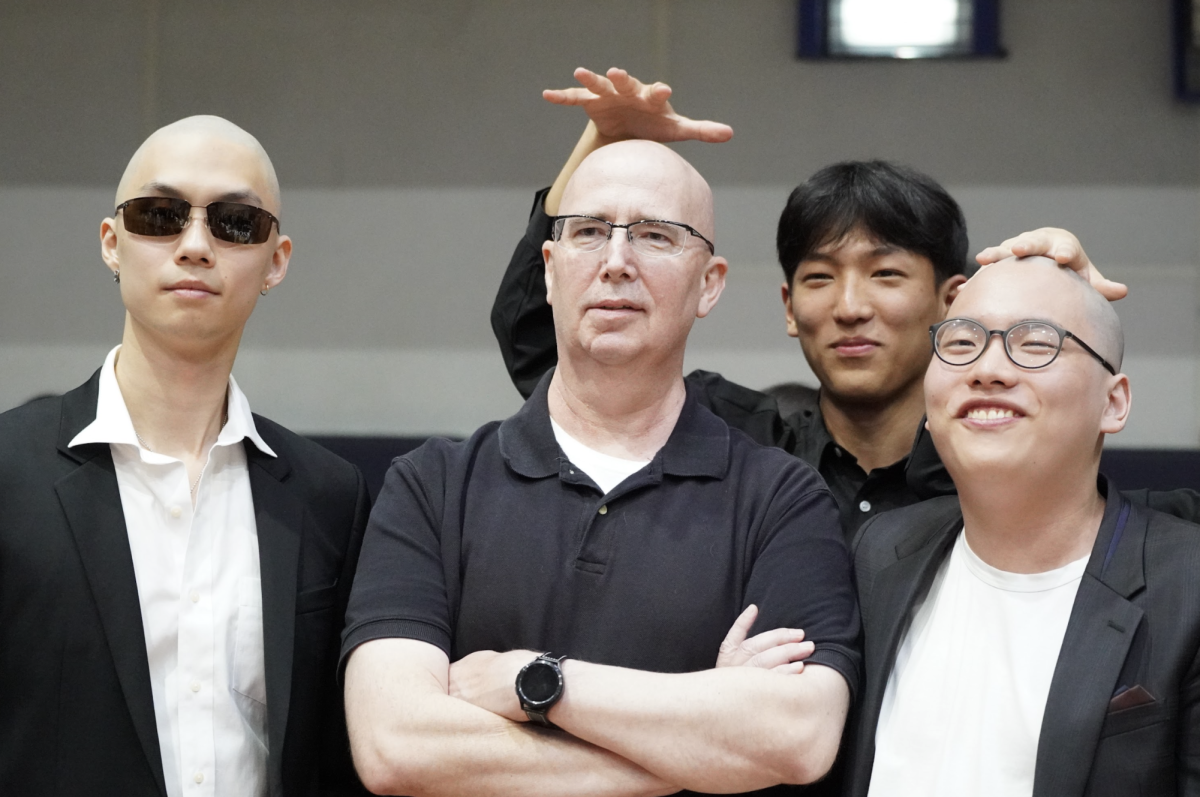





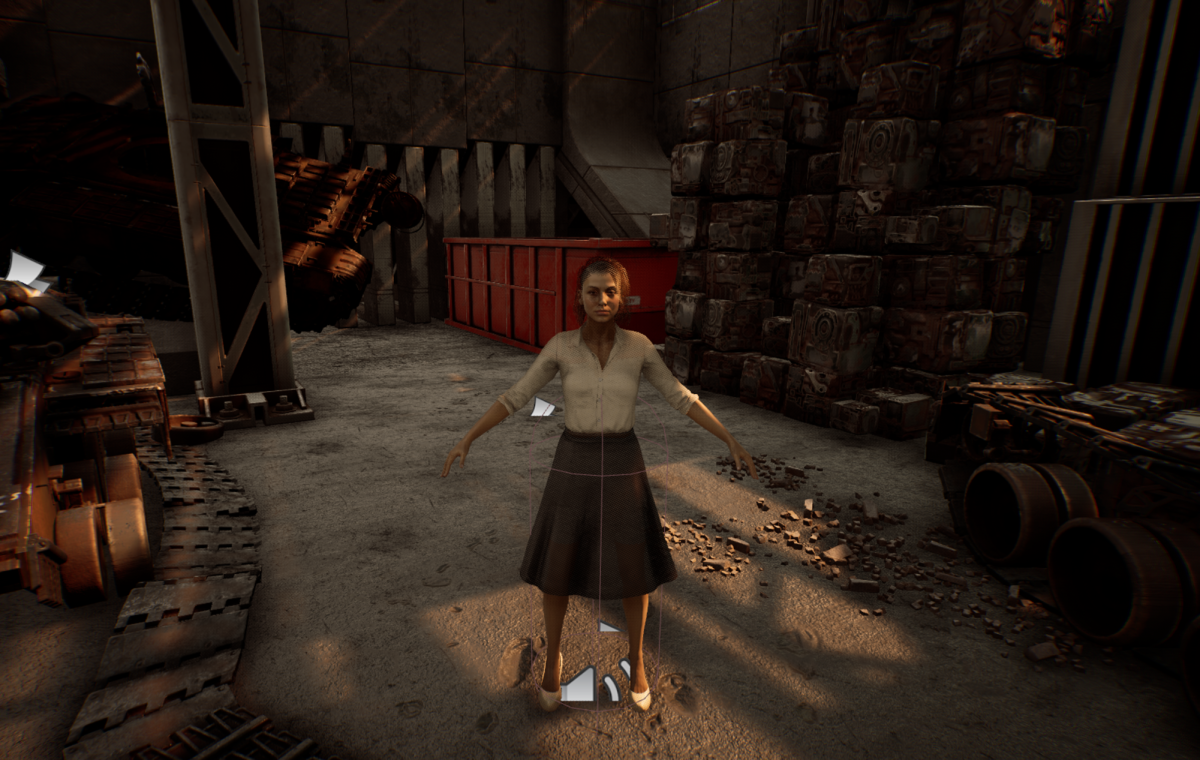



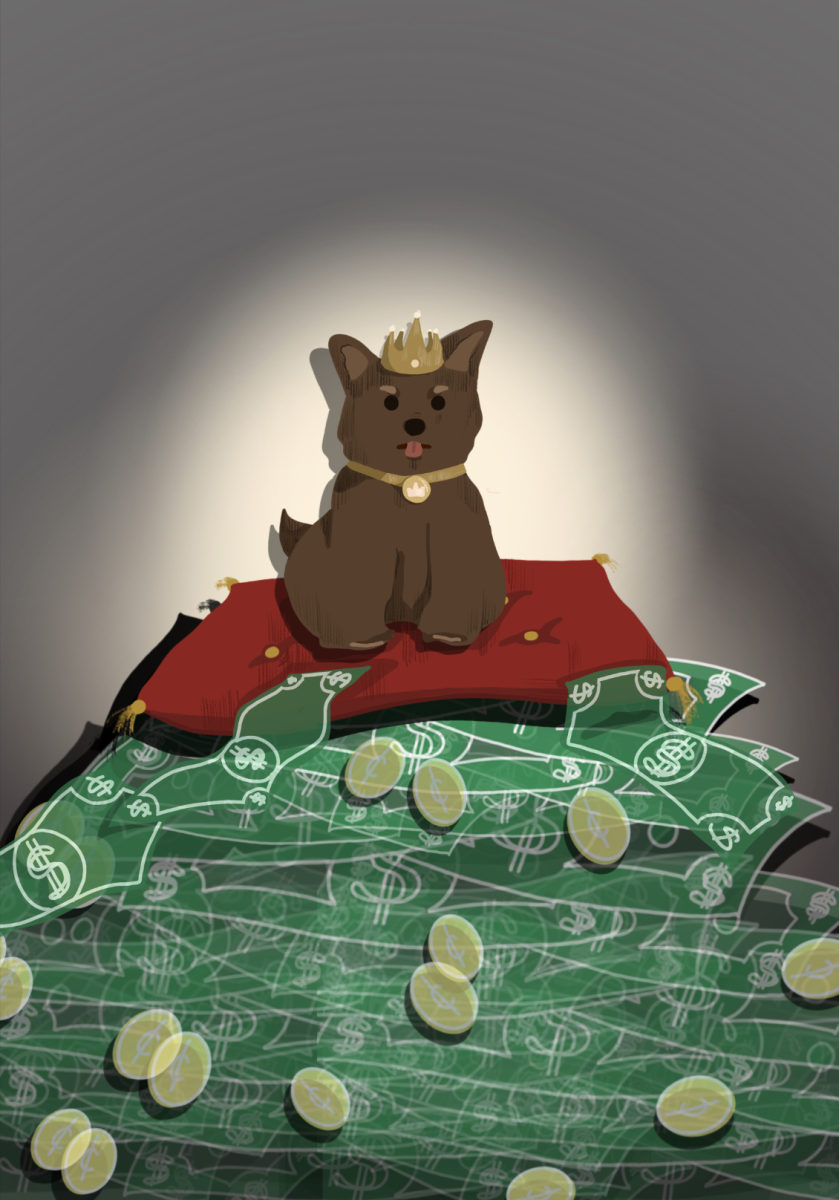







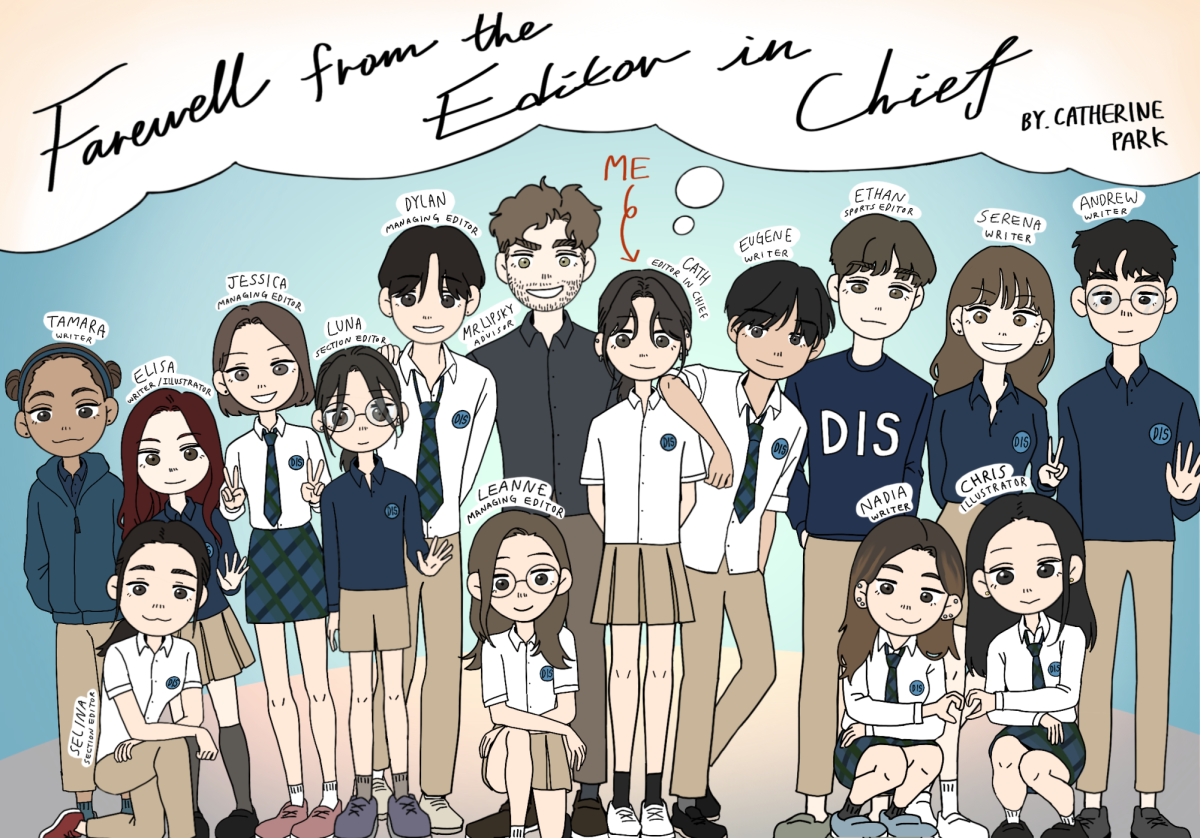

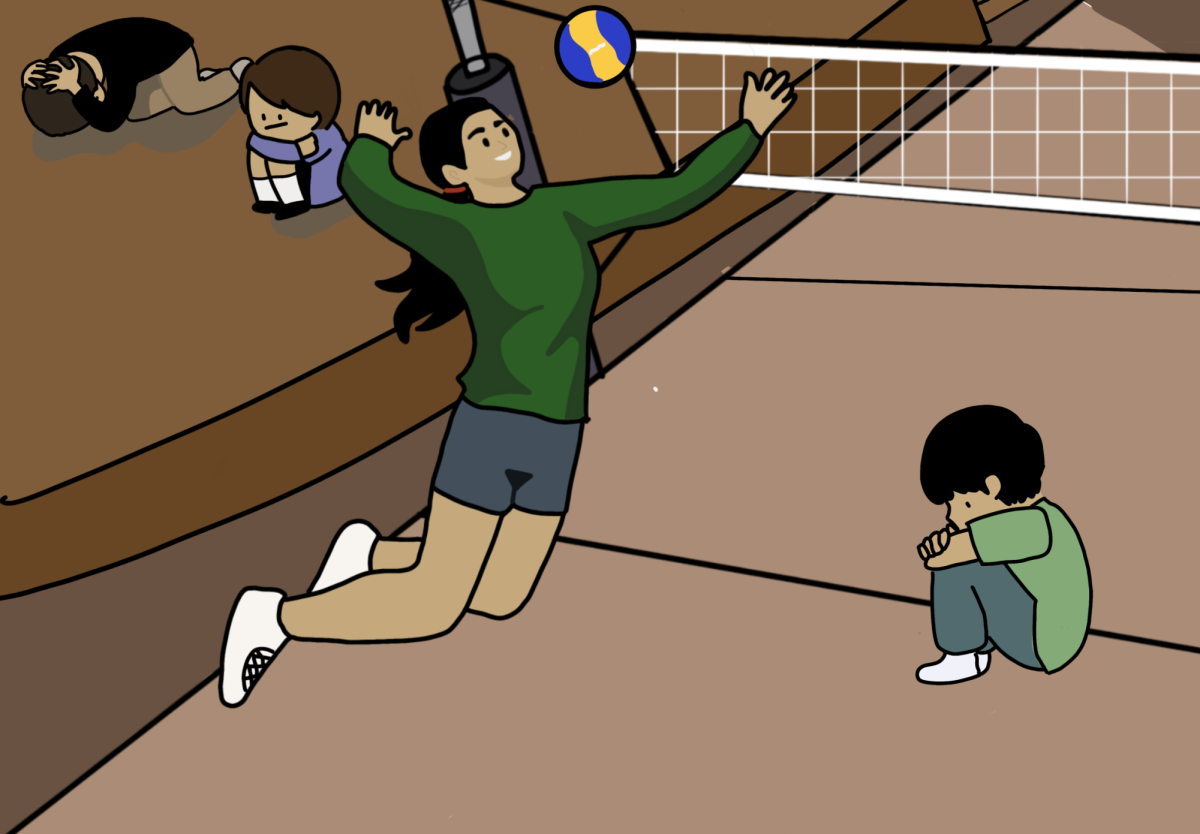
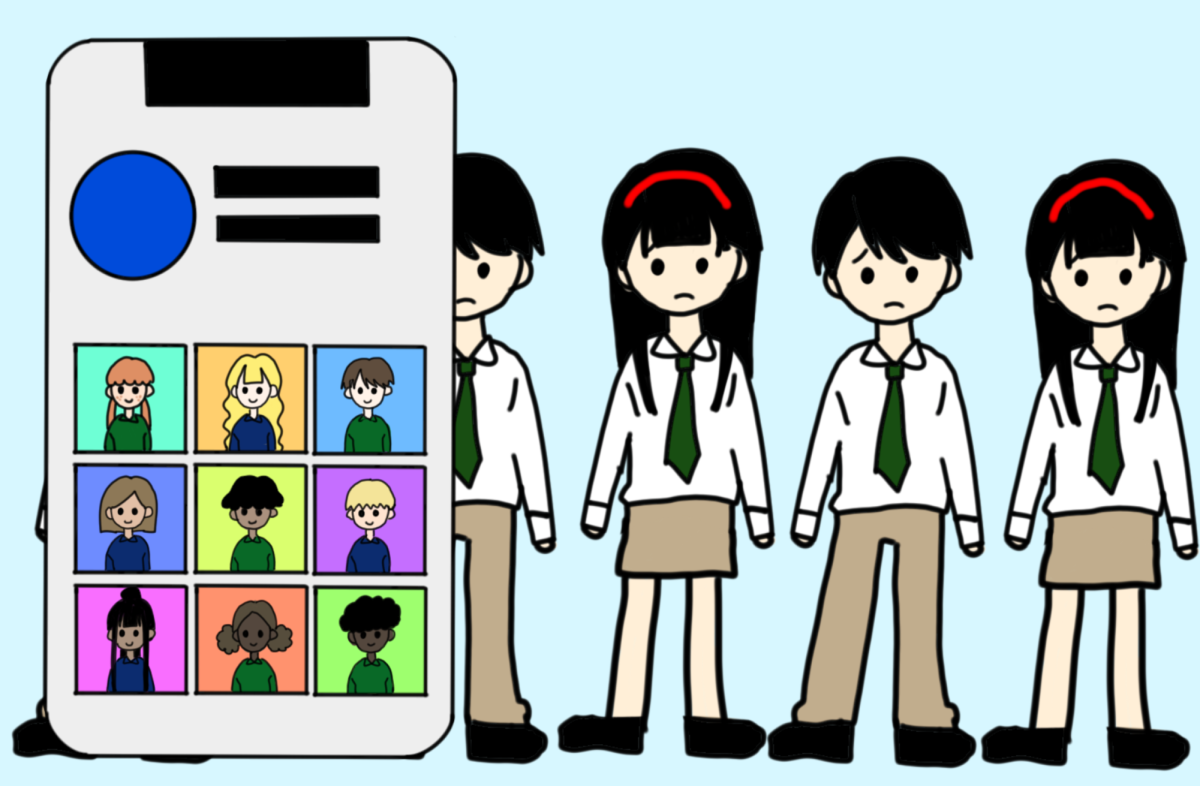
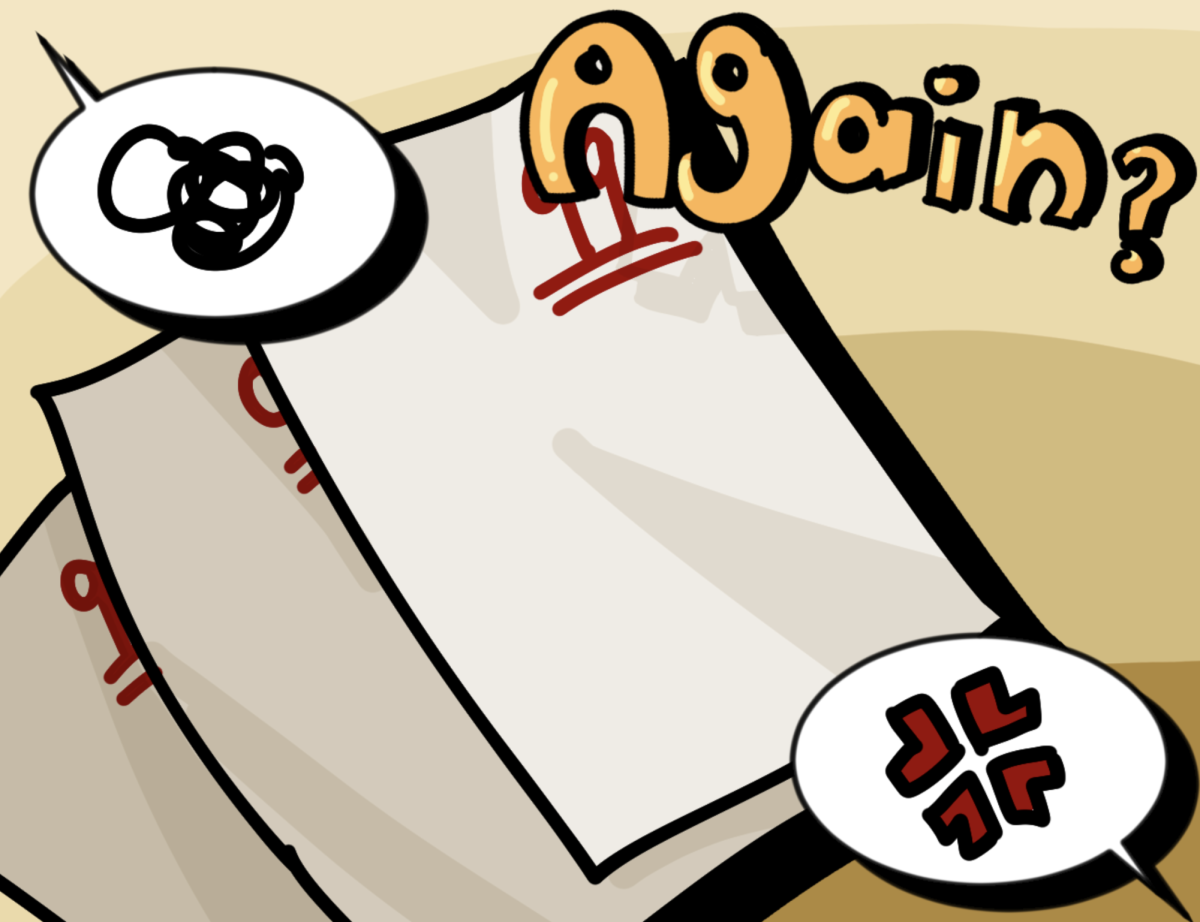






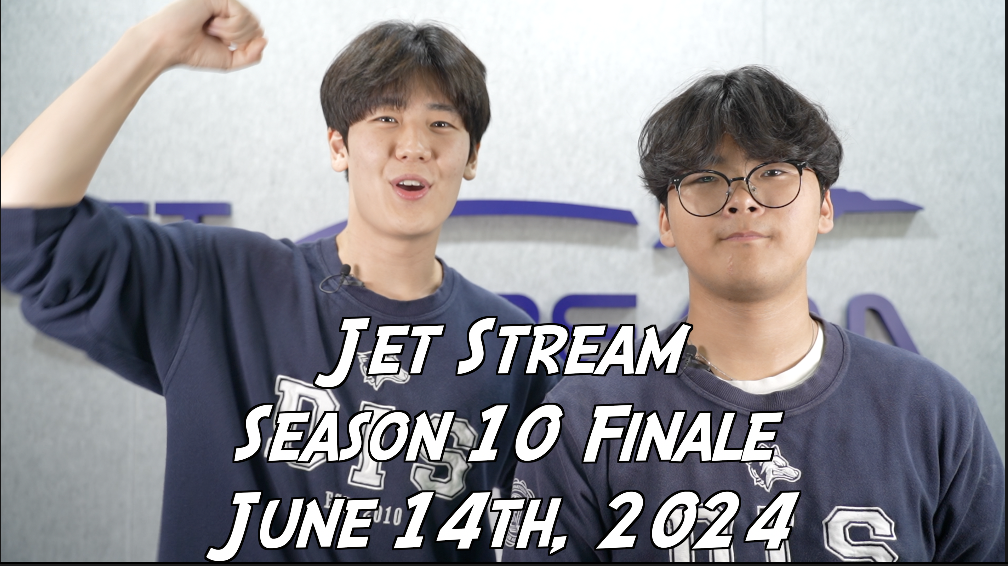
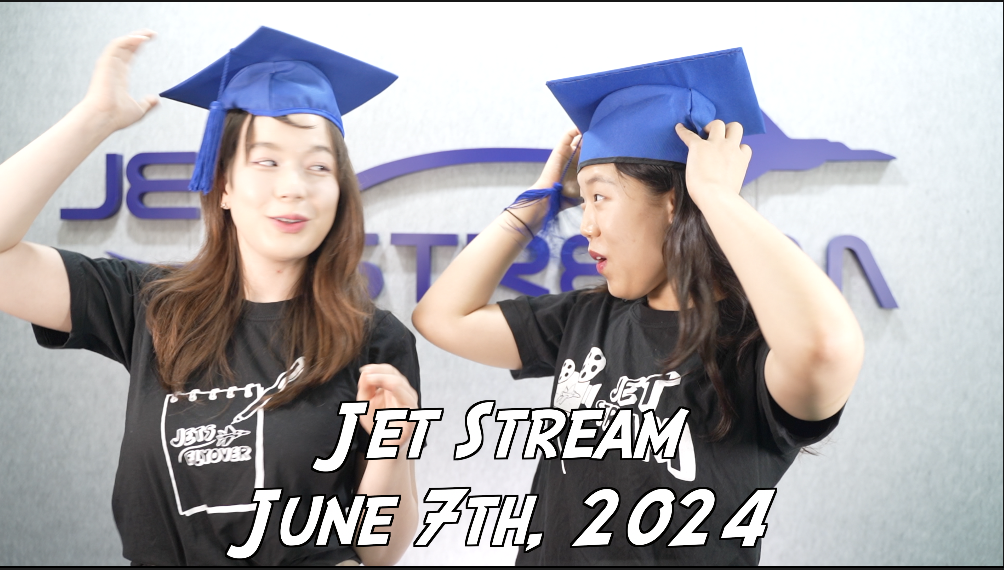
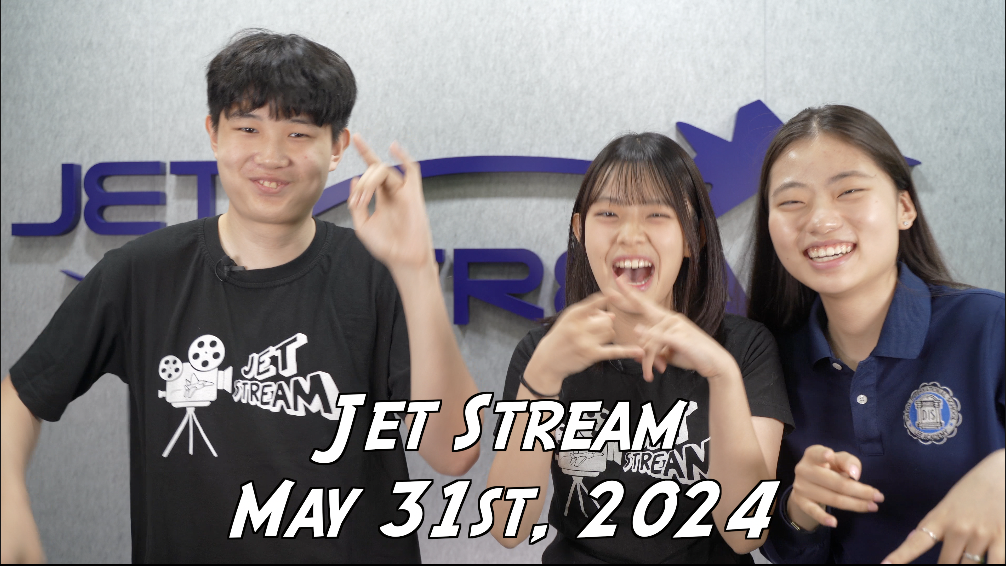


![[Podcast] Bet on Bonnie Episode 2: Sophie Lee](https://jetsflyover.com/wp-content/uploads/2024/05/jbspodcasts-1200x951.png)
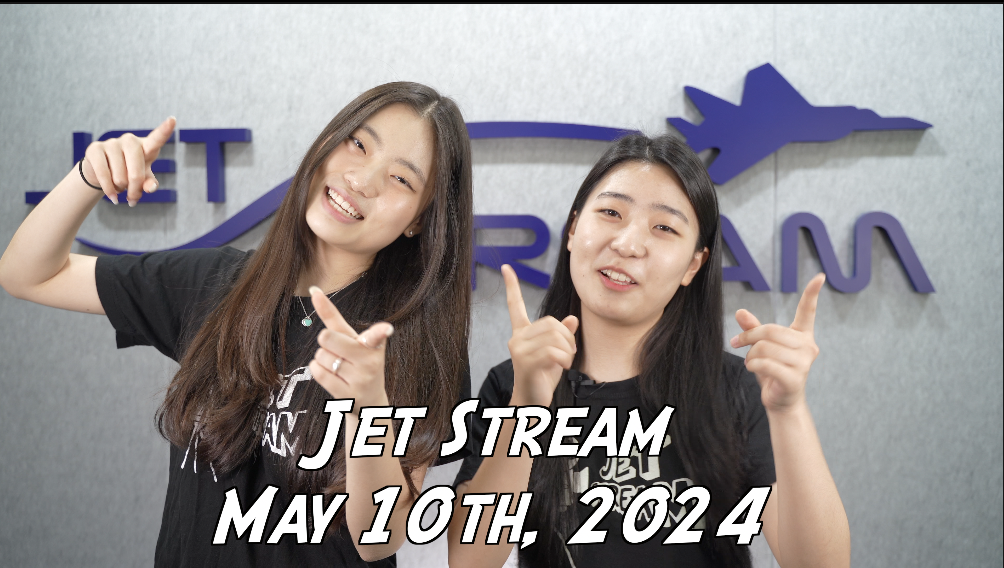
![[Podcast] Jets Jukebox Episode 1: Bleachers, Self-Titled](https://jetsflyover.com/wp-content/uploads/2024/04/Jets-Jukebox-LOGO-1-1200x1200.png)
![[Podcast] Eco-Lution Episode 3: Freshmen explore alternatives to paper straws](https://jetsflyover.com/wp-content/uploads/2024/03/Ecolution_Podcast_Logo-1200x1200.png)



